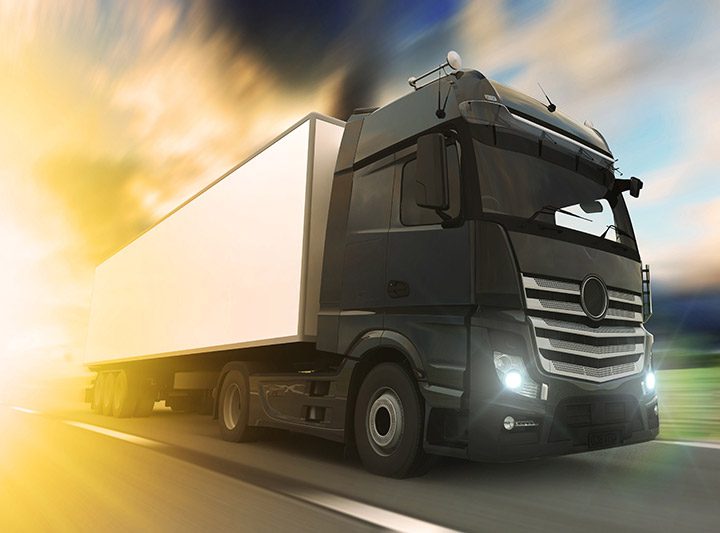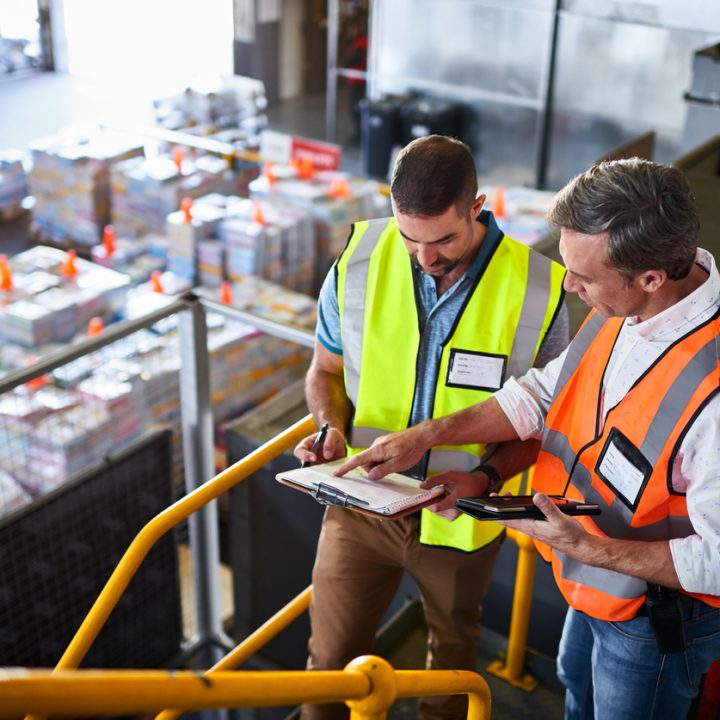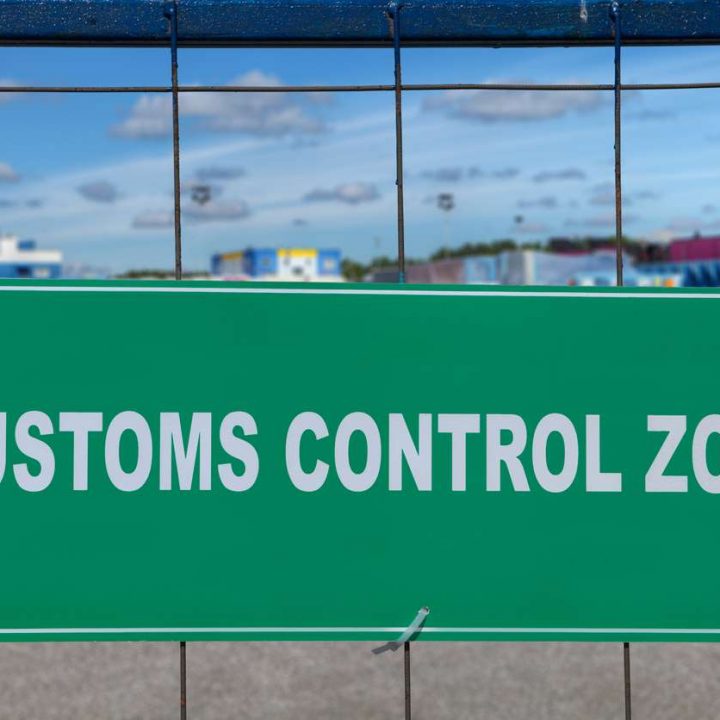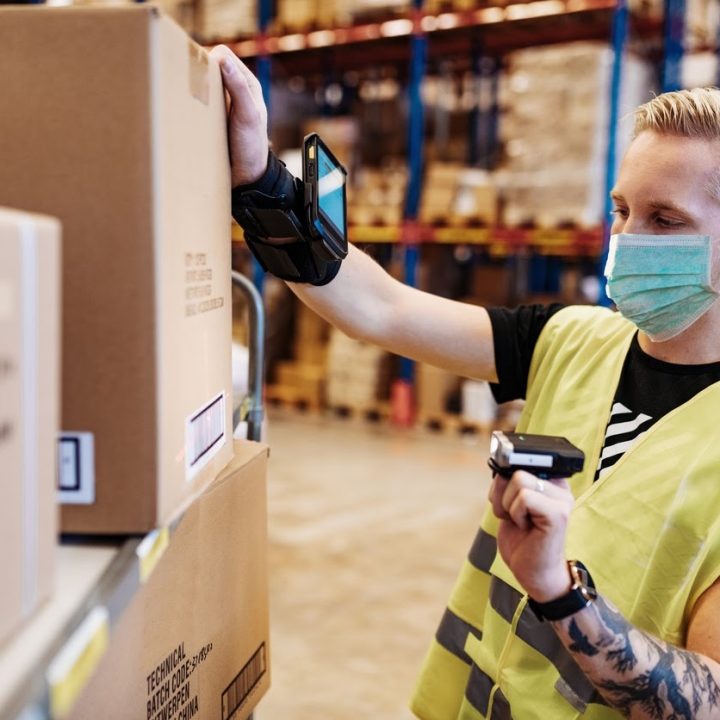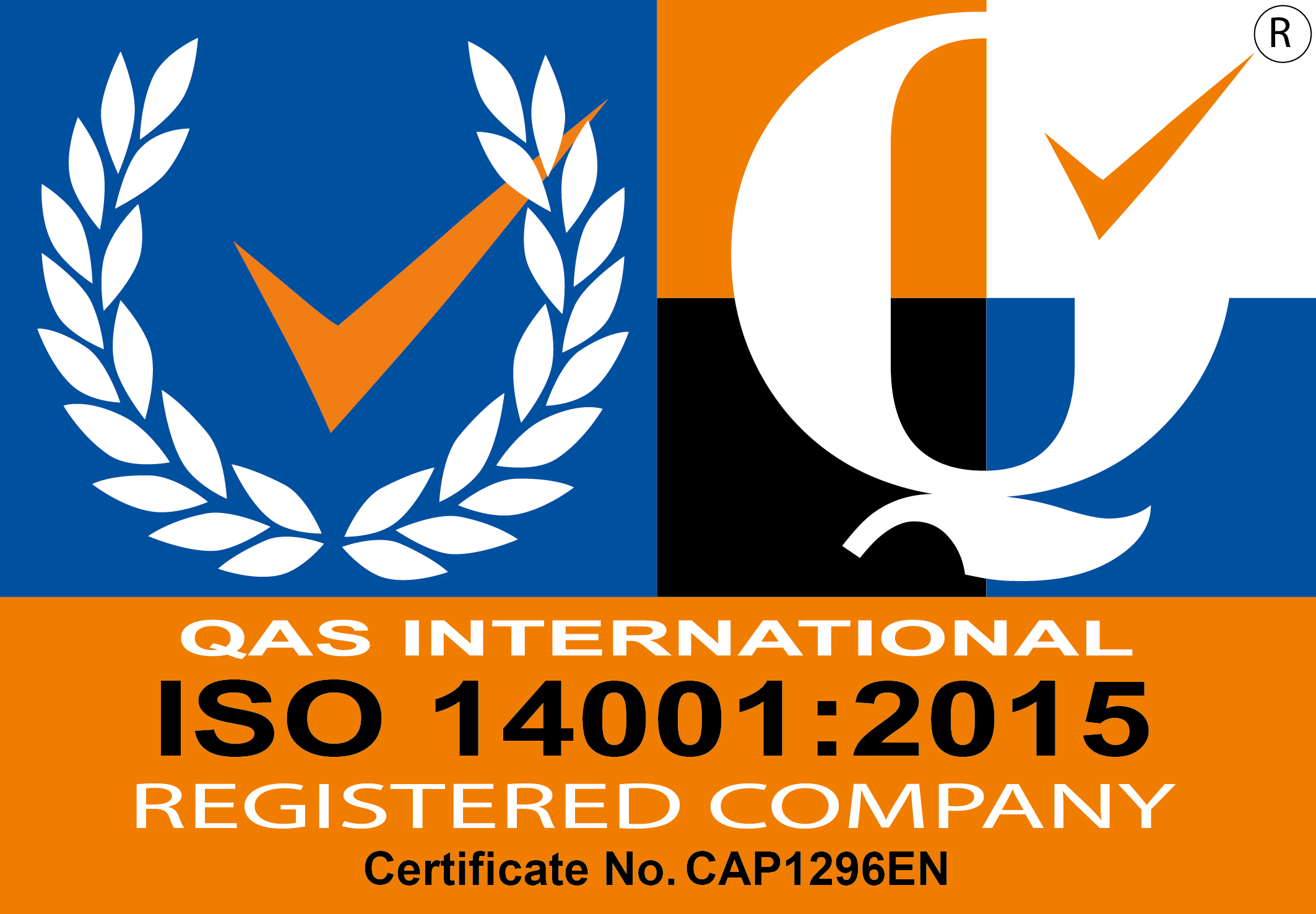Coming into action at the start of 2021, Brexit has had a big impact on the way the UK can trade with the EU and the rest of the world. Although this has affected multiple industries and many e-commerce businesses, it’s also significantly changed the way the freight industry and freight forwarders can operate.
In this blog, we explain how the changes to rules regarding freight caused by Brexit could impact the industry and freight forwarders as well as what that means for UK, European and worldwide logistics, and how freight companies may look to adapt to the change.
What Brexit means for freight
With the UK no longer being part of the EU, it also no longer operates within the single market or customs union. Instead, the UK government has established a trade and cooperation agreement with the EU.
In this agreement, the new rules for how freight processes can operate between the UK and Europe are outlined in thorough detail, with key sections including a partnership for security and new governance arrangements. It also includes a free trade agreement – a document that offers a number of benefits such as zero quotas and tariffs on all goods.

How will Brexit impact freight forwarders?
Although the trade and cooperation agreement between the EU and the UK is positive news for people within the freight industry, there are some changes that freight forwarders will need to pay special attention to.
Changes freight forwarders will need to adapt to include:
Import and export declarations
It’s predicted that Brexit could delay the process of bringing goods in and out of the UK. One of the new rules that could cause this delay is the requirement for freight forwarders to fill out customs declarations when importing and exporting goods.
They will also be required to fill out an exit summary declaration (EXS) for moving goods outside of the UK and an entry summary declaration (ENS) for moving goods into the country for security and safety reasons.
Licencing for importing and exporting
For a freight forwarder to bring certain goods into or out of the UK on the behalf of a company, they will need to apply for a special licence. For example, this is applicable for exporting chemicals, hazardous materials and waste. Although less strict, importing goods may require some form of licence for bringing in similar types of materials.
New rules of origin
Under the new rules, if goods being shipped don’t originate from the UK or EU, tariffs will apply. The new UK global tariff will replace the previous common external tariff, but the origin of the goods being shipped will be important to determining whether a freight forwarder will be required to pay tariffs on behalf of the customer. In comparison to the pre-Brexit rules, this is a significant change as there was previously a free flow of goods.
Obsolete trade agreements with non-EU nations
The UK leaving the EU not only means that the UK has now fallen out of agreements with EU member nations, but also the agreements EU nations have with other countries across the world such as Australia, Canada, China, Japan, Mexico, New Zealand and Vietnam.
While the UK government finally agreed deals with a selection of non-EU nations at the start of 2021, there are many countries that the UK are currently unable to trade with. Although it’s hoped that an agreement will be made in the coming months, life could be difficult for freight forwarders at any point where a business in the UK looks to trade to or from a country that doesn’t have a trade agreement in place.
How many staff have freight forwarders recruited for Brexit?
As a result of Brexit, there are many new tasks and duties that freight forwarders have to carry out. Due to this, it’s expected that the process of shipping goods into or out of the UK could take significantly longer than it would prior to Brexit, and subsequently, freight forwarding companies have been said to be hiring an estimated 40,000 – 50,000 additional employees to speed up the process.
Other changes freight companies may need to consider as a way of adapting to the demands of Brexit include reassessing their processes to identify any areas that can be streamlined, adjusting their costing and time frames to reflect changes to the freight industry, and swapping the method of transportation if it means cutting costs and reducing delays. In some cases, freight forwarders may even go as far as changing geographical location to focusing solely on importing or exporting in specific countries that pose fewer restrictions.
